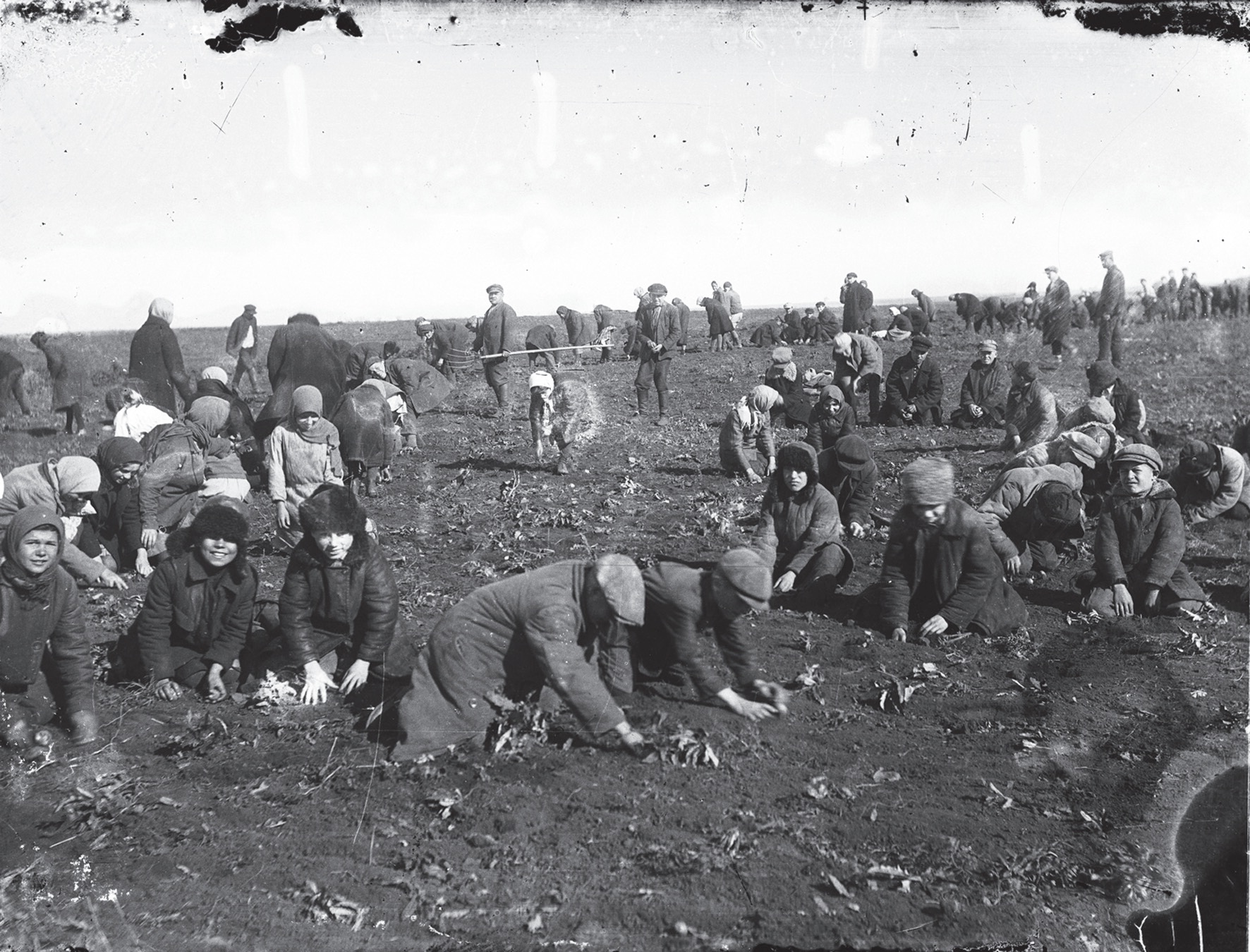The Warning of Gareth Jones: Who Owns Our Land, Our Water, Our Future?
When we speak of Ukraine and Russia in the 1930s, we are speaking of lands under Stalin’s Soviet regime - not the independent nations they are today.
It was this regime that forced millions of farmers to surrender their land in 1929. This was not a natural disaster, but a man-made catastrophe - engineered to crush resistance and bend people to the state.
Between four and ten million lives were claimed in what came to be known as the Holodomor - a famine whose very name in Ukrainian combines holod (hunger) and mor (extermination).
By 1932, farmers in the Ukrainian Soviet Socialist Republic and Kazakhstan were required to hand over up to 60% of their harvest. If they resisted, they were jailed or shot. If they tried to keep food for their families, soldiers took it by force. Timothy Snyder, in Bloodlands, described the horror:
“The good people died first. Those who refused to steal or to prostitute themselves died. Those who gave food to others died. Those who refused to eat corpses died.”
It was a famine by design - a weapon of control.
The Welshman Who Told the Truth
Most of the Western press ignored or excused Stalin’s crimes. Walter Duranty of The New York Times even won a Pulitzer Prize while parroting Soviet propaganda that there was “no famine.” Duranty claimed Jones’s report to be a fabrication. He even cited communist government sources (as if they were to be trusted), who labeled Jones a flat-out liar.
But one man refused to be silent: Gareth Jones, a young Welsh journalist.
In 1933, he slipped into Ukraine under Soviet rule and saw the truth with his own eyes. He wrote of villages stripped bare, of peasants eating grass, of children crying out in hunger. On a train, he dropped a crust of bread into a spittoon - and a starving passenger fished it out and devoured it.

When Jones returned to Europe, he held press conferences, declaring:
“Everywhere was the cry, ‘There is no bread. We are dying.’ This cry came from every part of the Soviet Union.”
For telling the truth, he was smeared and silenced. In 1935, while reporting in Inner Mongolia, he was murdered under suspicious circumstances. Many believe the Soviet NKVD orchestrated his death.
Gareth Jones stood as a witness - and paid with his life. His lesson remains clear: there are always voices who warn us. The question is whether we listen.
The Australian Parallel
Australia is no stranger to hardship. Our farmers battle drought, flood, and fire. But in recent decades, the greatest blows have not come from nature, but from policy and neglect.
In 2007, the Water Act severed water rights from land, turning water into a tradeable commodity. On the driest inhabited continent on earth, survival was left to market speculation. By the late 2010s, foreign ownership of water entitlements in the Murray–Darling Basin had climbed above 9%. In Queensland, nearly one in five entitlements were foreign-owned.

Since then, the pressure has only grown.
-
Family farms vanish under debt while corporate and overseas investors buy up prime land.
-
Dairy farming has collapsed in many regions - milk costs more to produce than to sell.
-
Food prices in supermarkets rise, while producers see little reward.
-
Farmland is increasingly earmarked for renewable energy zones and offshore power export schemes, feeding foreign markets while hollowing out local communities.
When drought hits, farmers are left with token relief, forced to cull stock and abandon generations of work. Meanwhile, Canberra obsesses over quotas, ideological battles, and foreign aid ... while the backbone of the nation bends.
The Global Picture
The world in 2025 is not stable. Supply chains are fragile. Food prices have soared. Wars, pandemics, and politics remind us how easily abundance turns to scarcity. China, without firing a shot, has secured footholds in Australian water, agriculture, and infrastructure.
The uncomfortable truth is that Australia is drifting toward dependence - not self-reliance. And history shows us dependence is weakness.
Form and Effect: The Warning Remains
The Holodomor was an act of deliberate cruelty under a totalitarian regime. Australia is not facing the same brutality - no soldiers seizing grain, no mass shootings - but the principle remains strikingly similar.
Today, the threat comes in a different form: market forces, foreign investment, policy mismanagement, and centralised control over water and farmland. The effect, however, could be just as severe: farmers dispossessed, families struggling, sovereignty diluted, and a nation increasingly dependent on others for its most basic needs.
Gareth Jones once walked through starving villages and carried their story to the world. He was ignored, and millions died.
Today we don’t need to walk through empty paddocks to know the danger. Our farmers are crying out. Our land and water are slipping away. The warning is here.
The question is: will we listen this time, or will we wait until the cupboards are bare - only to realise that dependence, even under a “kind” or “friendly” regime, is still a form of control?
BLOG COMMENTS POWERED BY DISQUS



















































